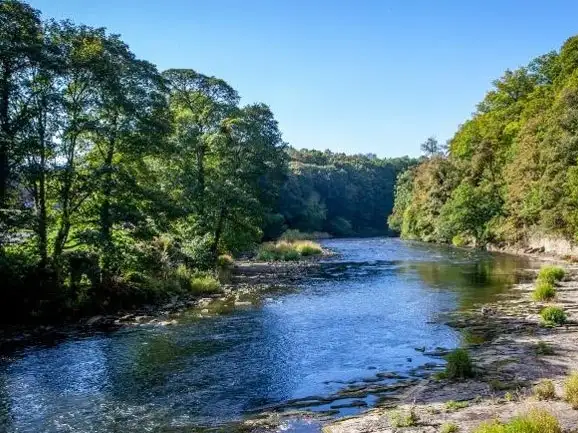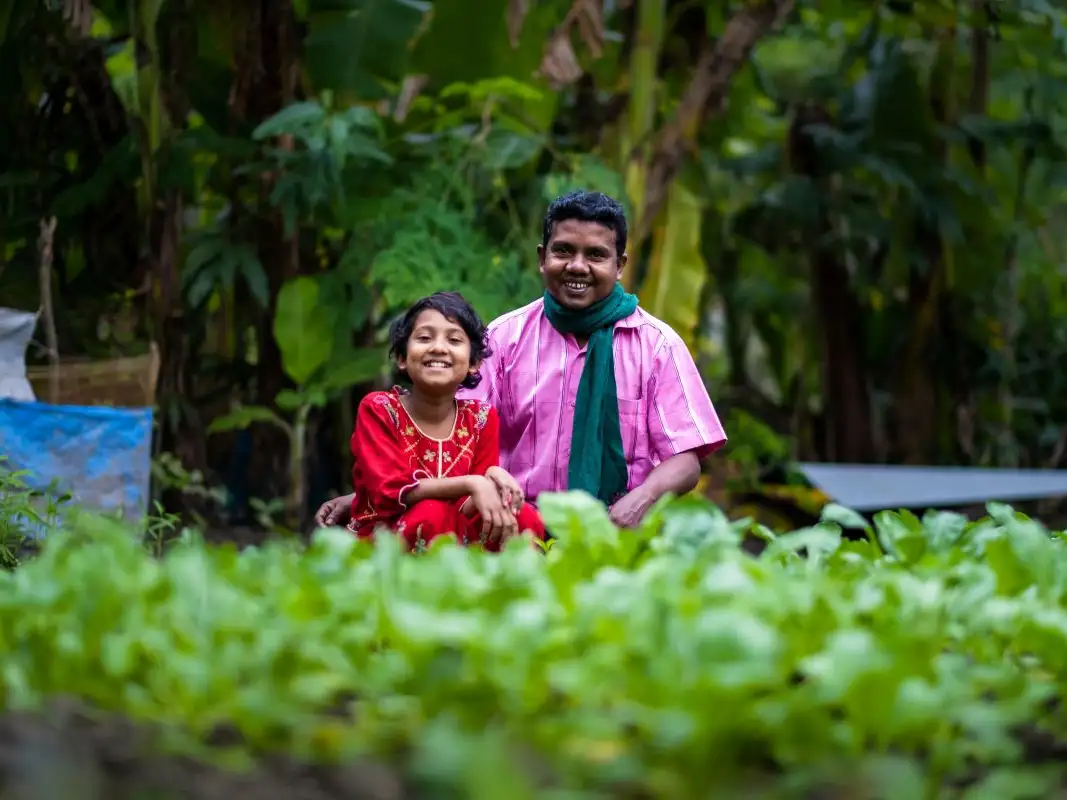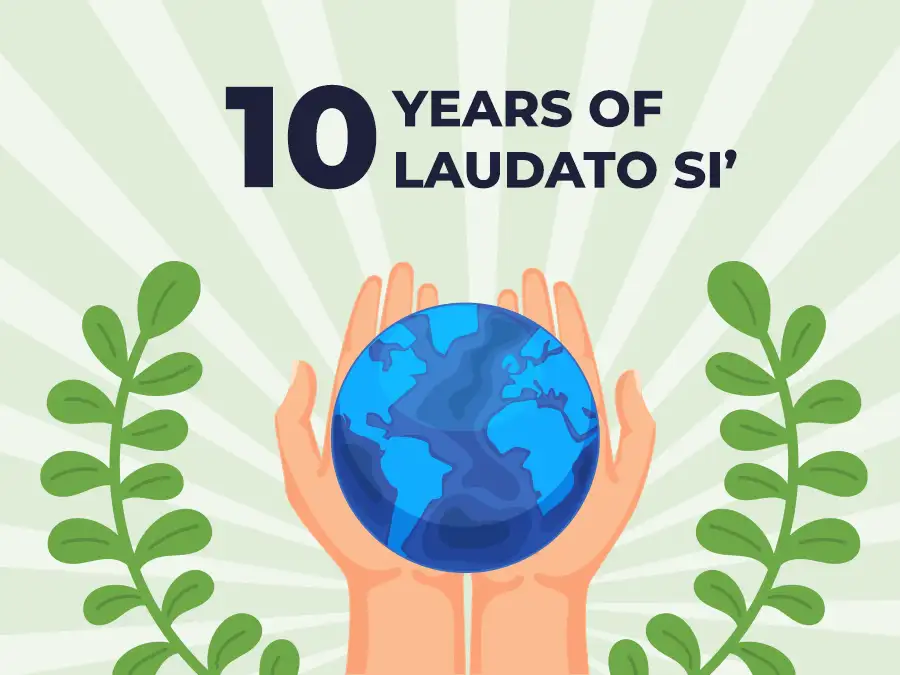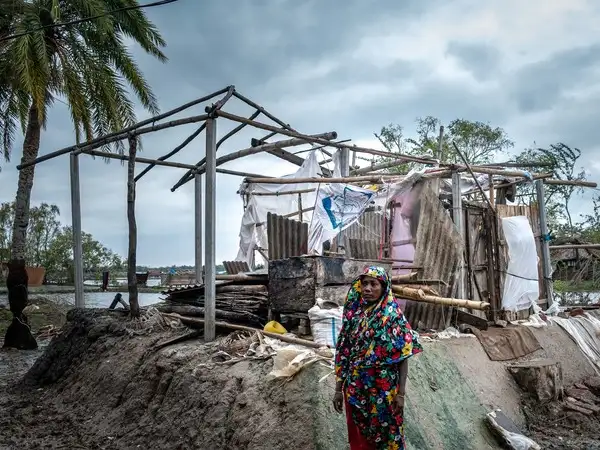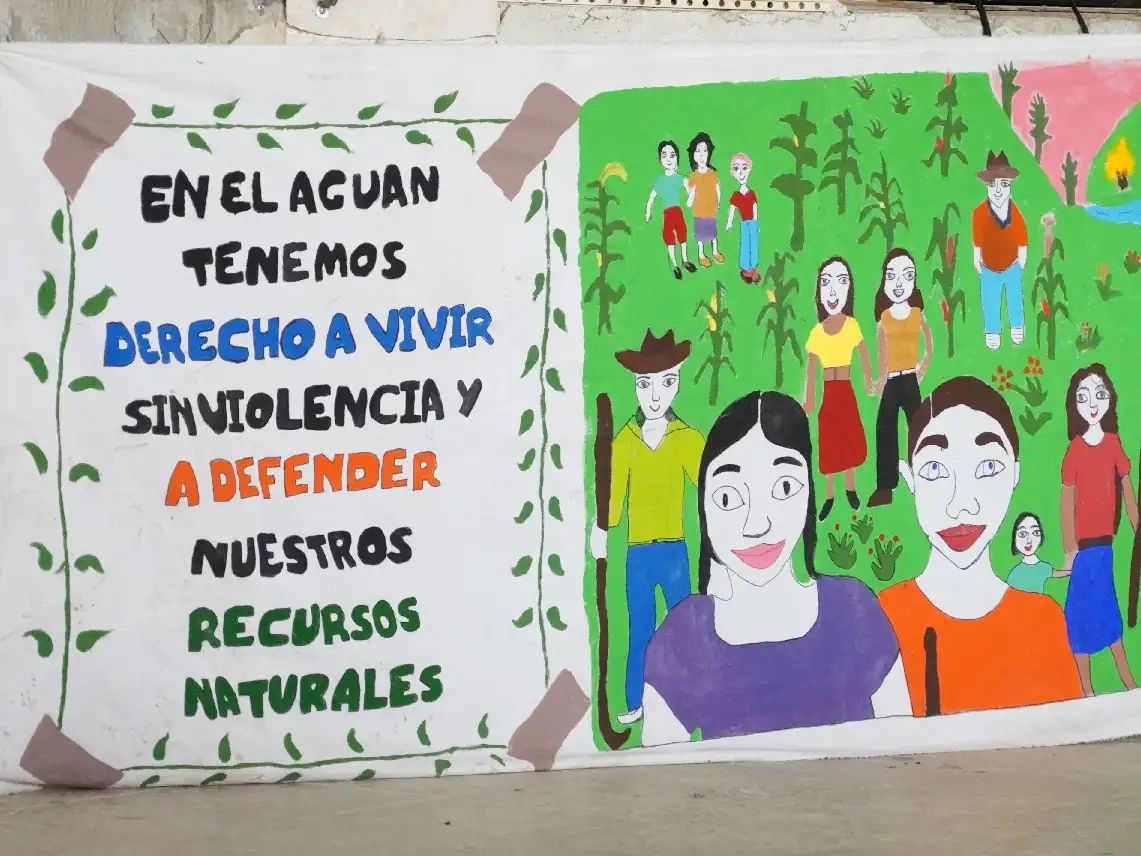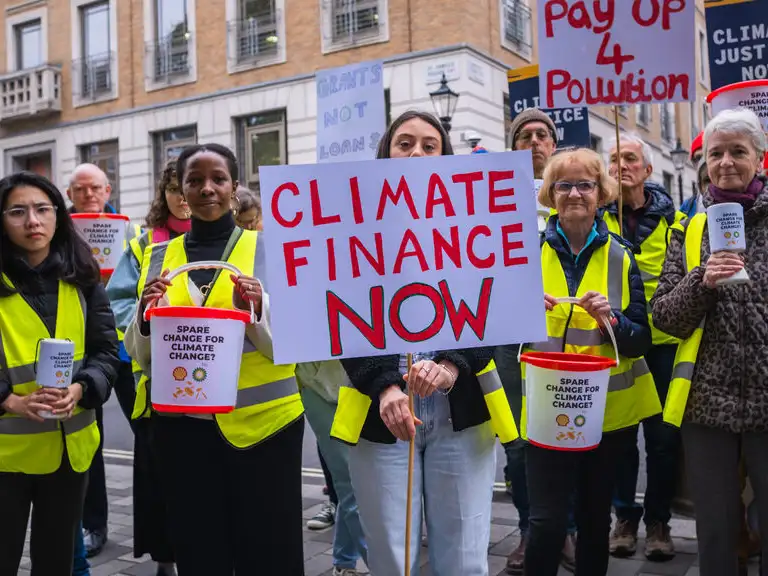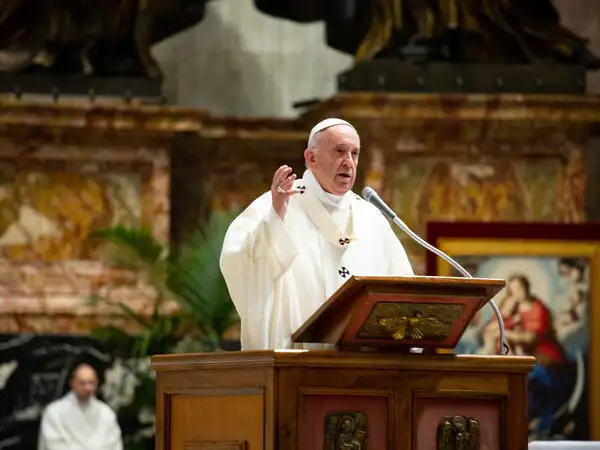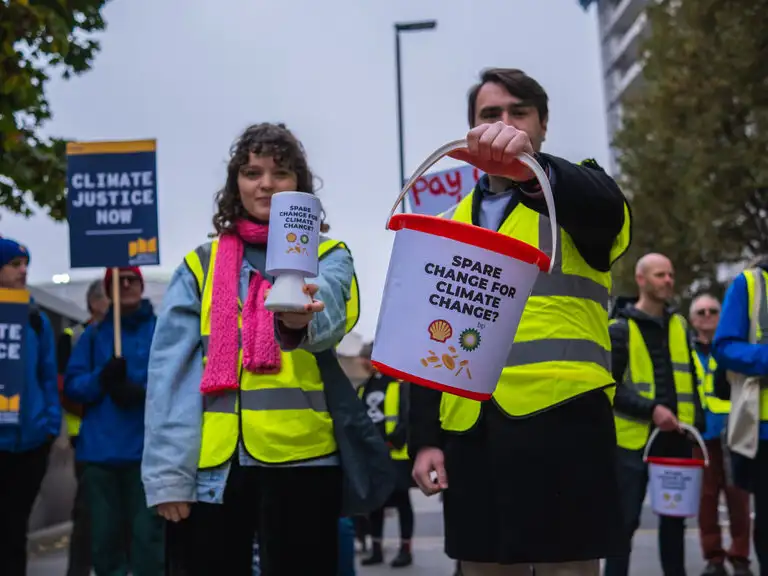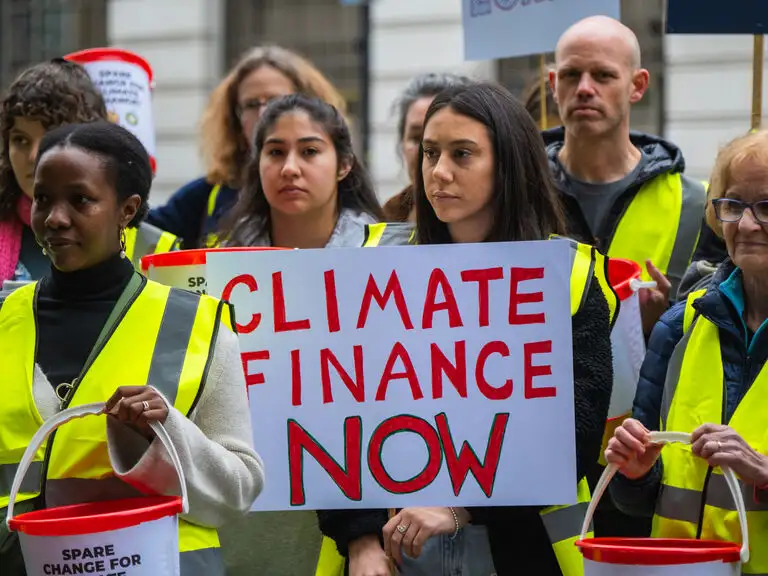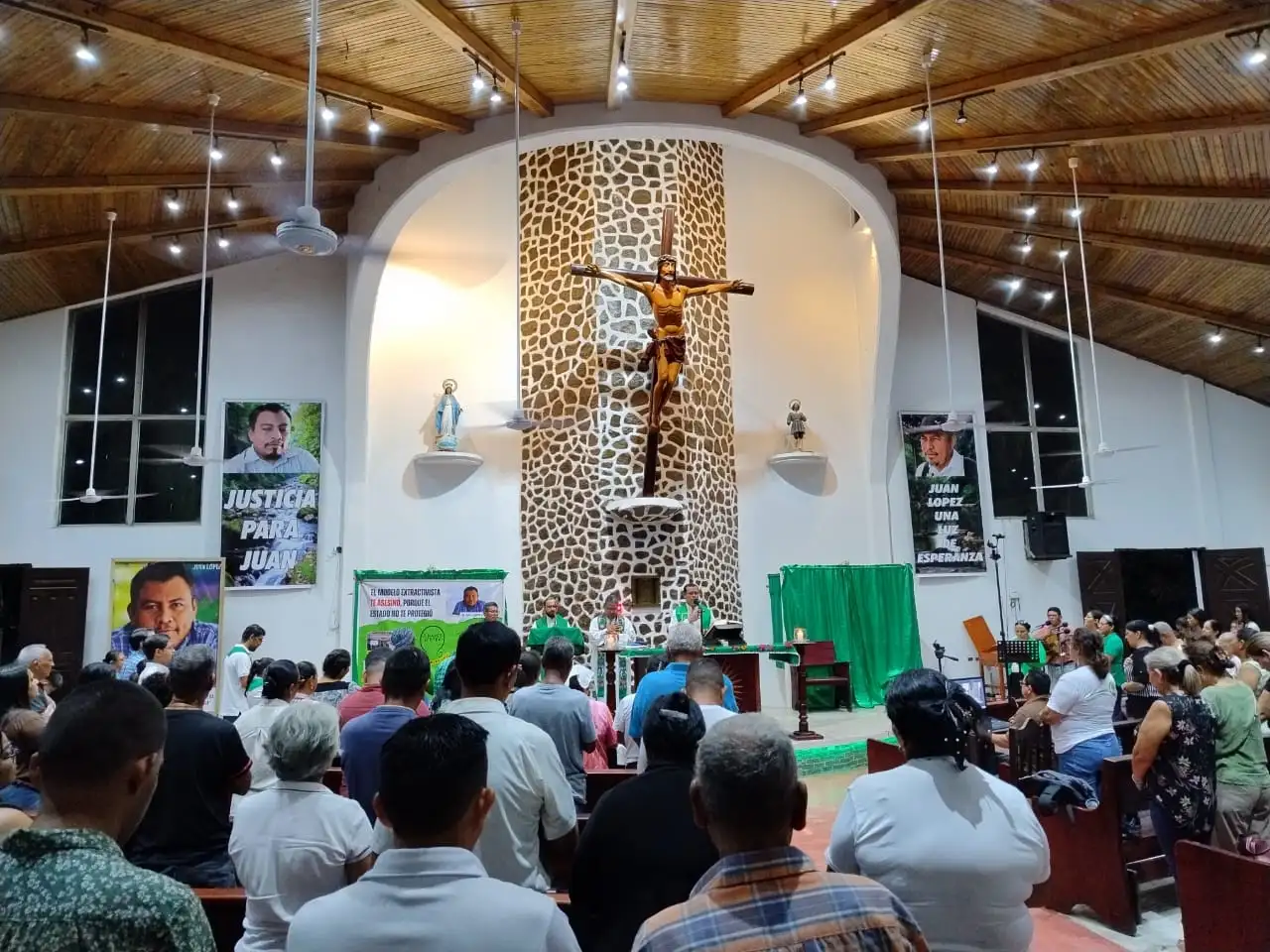A guide to COP30, the UN climate summit taking taking place in Belem, Brazil, from 10-21 November 2025.
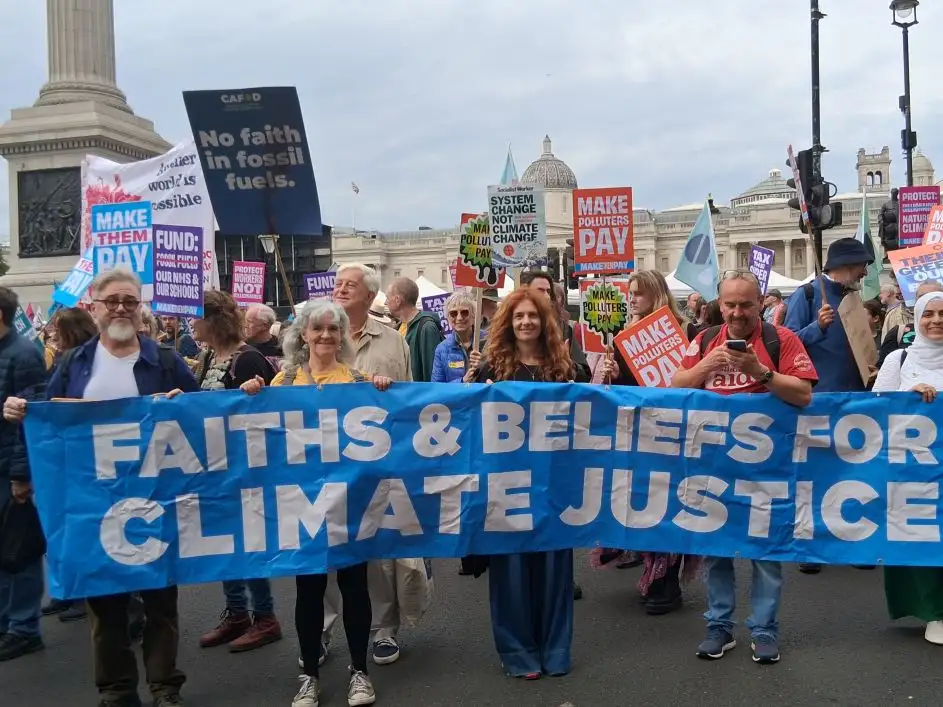

World leaders will meet in Brazil for the annual UN climate talks from 10-21 November 2025.
What is COP30? What does COP30 mean?
‘COP30’ will be the 30th Conference of the Parties meeting. This is the UN’s annual climate change summit, hosting all the ‘Parties’ (meaning the countries who are ‘party to’ – i.e. signed – the UN’s landmark treaty on tackling climate change in 1992). The newest attendee is the Holy See, which became a party in 2022.
When and where is COP30 being held and in which country? Who will host COP30?
COP30 will take place over two weeks this November, hosted by Brazil. Instead of hosting in the capital or a big city, as is usual, the conference will take place in Belém, the gateway to the Amazon River. This Amazon location is a symbolically important choice, and an important reminder to attendees what is at stake for nature and the environment if progress isn't made.
Each year the COP Presidency rotates between five regions, with this year being the turn of Latin America and the Caribbean. The president will be André Aranha Corrêa do Lago, a veteran diplomat and climate negotiator.
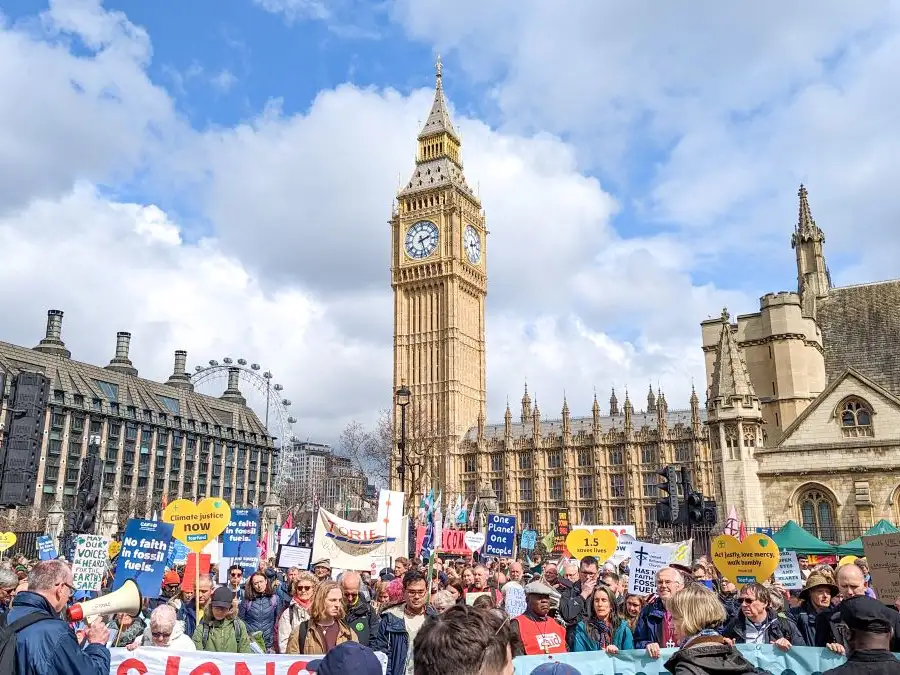
Global Day of Action for Climate Justice
On Saturday 15 November climate events and marches will be taking place around the world.
In the UK, there will be events in major cities and it is vital that as people of faith we make our voices heard too.
Why is COP30 important? What themes are on the agenda for COP30?
COP30 comes at an incredibly important time for communities - particularly Indigenous Peoples - on the frontlines of the climate crisis.
Climate campaigners hope that this will finally be the year that countries come together to submit ambitious Nationally Determined Contributions (national climate plans), that put the world on track to meet the Paris Agreement's temperature ceiling of 1.5 degrees of warming.
It will be a packed agenda, featuring adaptation to a warming world, deforestation, carbon markets, and of course climate finance.
It is a matter of fairness that high-income countries such as the UK – who became rich from polluting coal-, oil-, and gas-fuelled economic development – support poor countries financially both to decarbonise and to adapt to a vastly more volatile climate.
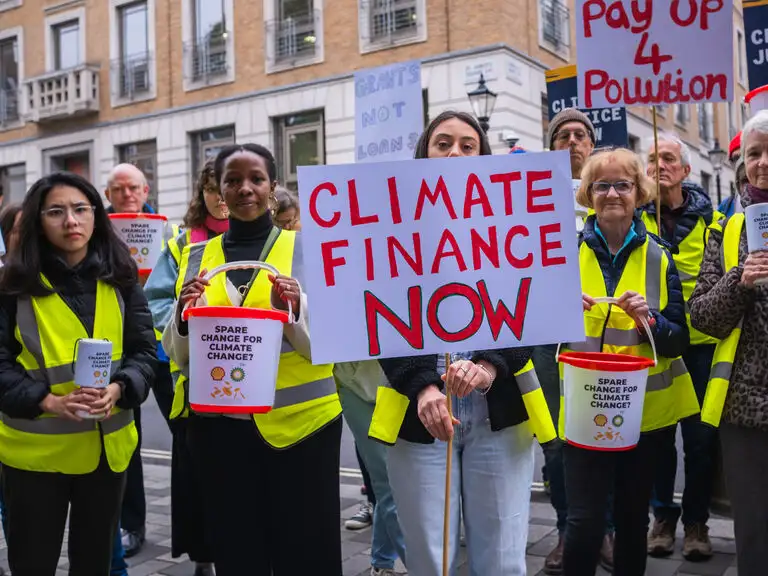
What happened at COP29?
The COP29 talks in Azerbaijan ended with a weak deal to provide low-income countries with money to tackle the climate crisis.
Governments at the summit agreed to increase the amount of money countries hardest hit by the crisis will receive to $300bn a year.
But the agreement will not provide enough money for affected countries to prepare for climate disasters and rebuild after emergencies.
When will COP31 take place? Where will COP31 be held? Who will host COP31?
Unfortunately, it is inevitable that there will be many issues left to negotiate, even after COP30 is over. These will fall to COP31, in the 'Western Europe and Others' region. Two countries are still in the running to host COP31: Australia and Turkey.
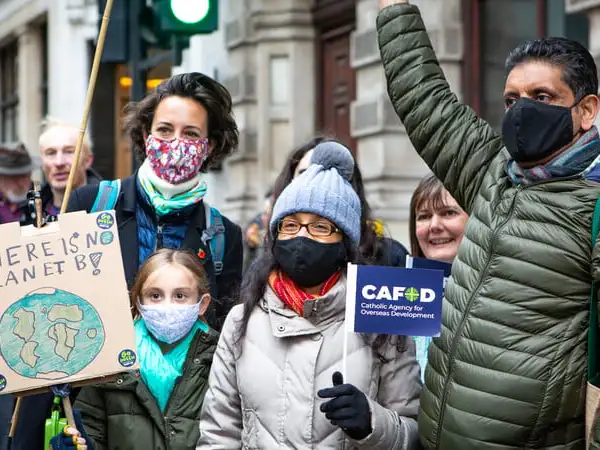

People worldwide demanded action when leaders met at the COP26 climate talks in Glasgow


